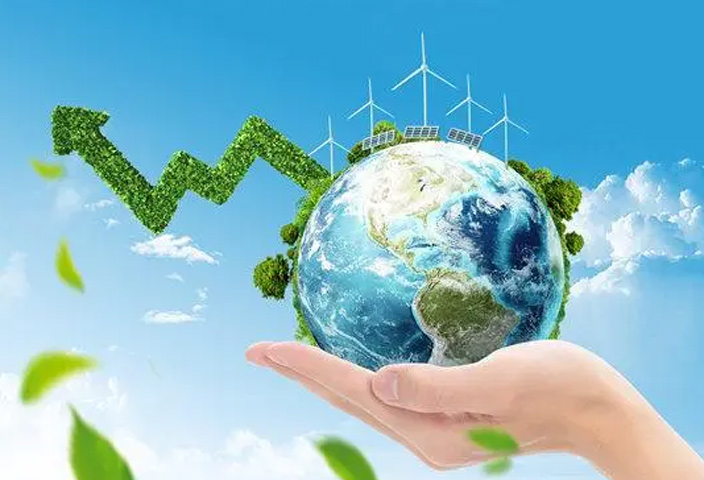
Greenhouse gases such as CO2 disperse uniformly in the atmosphere, this means that the concentration of greenhouse gases is approximately the same all over the world. Consequently, in terms of the global concentration of greenhouse gases and the greenhouse gas effect, it is irrelevant where on the planet emissions are produced or avoided. Therefore, emissions that cannot be avoided locally can be offset by carbon offset projects in another location. For example, this can be done by means of forest conservation, afforestation or renewable energy expansion. Companies, processes and products become carbon neutral when they calculate their carbon emissions and compensate for what they have produced via carbon offsetting projects. Offsetting carbon emissions, in addition to avoidance and reduction, is an important step in holistic climate action.

The terms carbon free and carbon neutral are often confused, however, they refer to distinct aspects of climate action. Carbon-free products, services or companies are those that do not generate any carbon emissions during the manufacturing, provision or operational process. This must apply to the entire supply chain, including all the raw materials, logistics and packaging. In actual fact, there are no examples (yet) of carbon-free products. Conversely, any company and any product can be carbon neutral: there are current standards to calculate their emissions, and companies can support certified carbon offset projects in order to offset the emissions calculated.

Steel production is a complex process, requiring a significant number of resources and energy.While EAFs are generally considered more environmentally friendly because they make use of recycled metals rather than raw materials, only about 25% of steel mills around the world use them.
neutral steel is expected to be more expensive than traditional steel, due to the higher costs of renewable energy sources. However, demand for carbon neutral steel from businesses and consumers is expected to continue growing, making it clear that this is not a trend, but rather an evolution of steelmaking.The reduction of carbon emissions is vital for the future of our planet . Remaining a competitive and viable business in the here-and-now is of equal importance. In an effort to achieve both goals, KONSOND is working with its global partners to produce steel that is environmentally friendly, an initiative called “Green Steel”.
Using the newest and latest technologies available to make the process more carbon neutral, KONSOND is proud to supply a variety of grades and product forms. Grades so far produced using this technology include, but are not limited to 1.2360 (8% Cr Chipper Steel), 1.2345 (5% Cr Chipper Steel), 1.2363 (A2), and 1.2379 (D2). Not all product forms in these grades are considered “Green”, but KONSOND assumes the responsibility to take the first steps towards a better world. We are excited to share this journey with our valued customers!